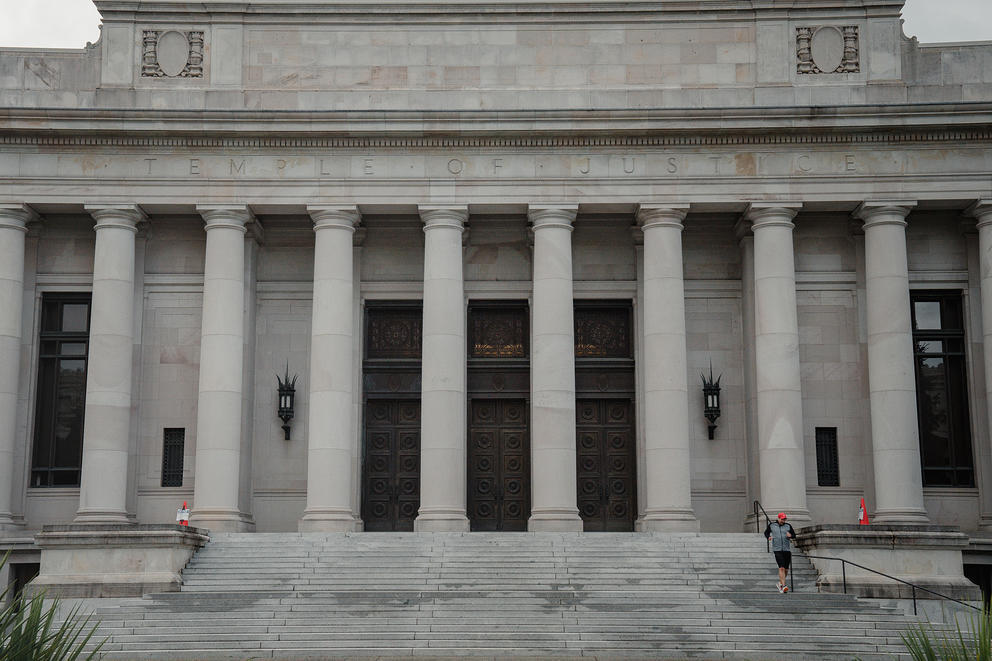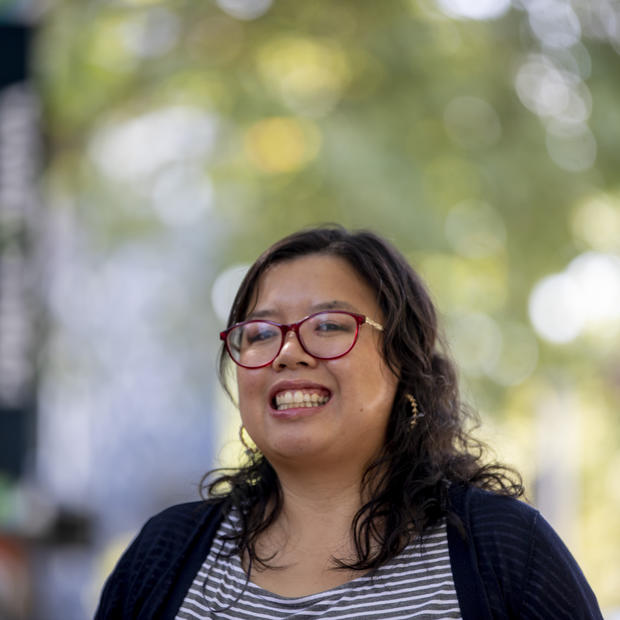The case was brought by three Franklin County voters along with the League of United Latin American Citizens, who argued that the at-large election process for county commissioners violated the Washington Voting Rights Act because it prevented them and other Latino voters from selecting the candidate of their choice.
A fourth Latino voter asked a lower court judge to dismiss the case, saying the three voters did not have standing because the WVRA provided protections for a minority group, and with Latinos being the numerical majority — they make up more than half of Franklin County’s population – they were not afforded that protection.
The court, in a majority ruling written by Justice Mary Yu, responded that Washington Voting Rights Act, or WVRA, protects all Washington voters from discrimination on the basis of race, color and language minority in local elections. Therefore, Franklin County voters Gabriel Portugal, Brandon Paul Morales and Jose Corral had standing when they sued Franklin County and its commissioners in October 2020. All but one justice concured in the opinion — Justice G. Helen Whitener abstained.
The three voters, along with the League of United Latin American Citizens and the county, eventually settled the case in May 2022. As part of that settlement, the commissioners will now be elected in a district-based system for both the primary and general elections in 2024. The court did not address the merits of the original voting rights case or the settlement.
James Gimenez, who filed a motion to dismiss the case and then appealed to the Washington Supreme Court, argued the WVRA is unconstitutional because it protects some voters and excludes others.
The Washington Supreme Court upheld the lower court’s rejection of Gimenez’s dismissal motion and rejected Gimenez’s interpretation of the WVRA, which included the belief that people of a majority race or color group could not experience discrimination.
“The WVRA prohibits both ‘dilution’ and ‘abridgment’ of voting rights on the basis of race, color, or language minority group,” Yu wrote in the ruling. “Abridgment of the right to vote can occur regardless of which racial group is in the majority.”
The court also did not opine on additional provisions of the Washington Voting Rights Act that the state Legislature passed earlier this year. Those changes, which will go into effect in January 2024, included standing for organizations and tribes that pursue challenges to local and state election systems on behalf of their members and the awarding of legal costs by local jurisdictions to those who pursue voting rights complaints.



